
Itinerary
Day 1 Le Chable to Cabane Louvie
We'll meet in Le Chable, which is on the Swiss train network.
From there, we will take the telecabine up to Verbier before starting our hike.
Our trail takes us past Les Ruinettes to Col du Termin (2,648m) before we descend to Cabane de Louvie, our resting place for the night.
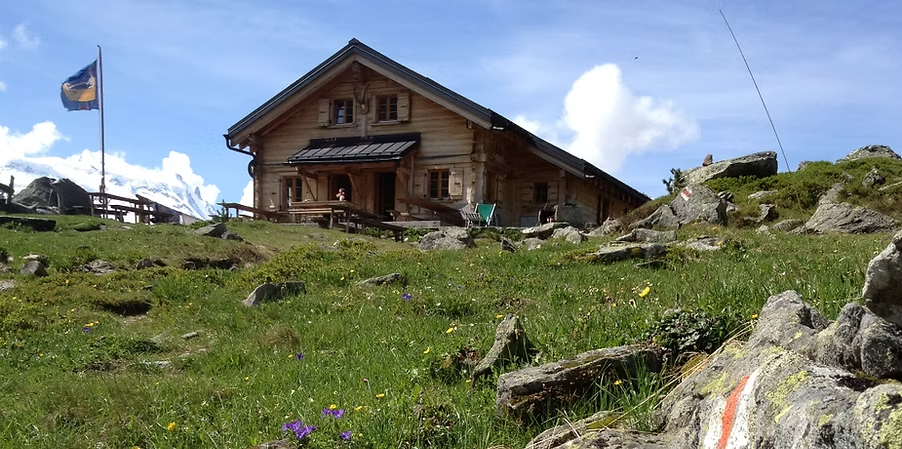
Time: 5-6 Hours Hiking
Distance: 12km
Ascent/Descent: 782m/749m
The highlights of the day are getting started, riding the telecabine and the stunning views of the Grand Combin.
Day 2 Cabane Louvie to Cabane de Prafleuri
Today is a real Alpine stage, with rocky terrain and increidble views as we cross two passes of Col de Louvie (2,921 m) and Col de Prafleuri (2,987 m).
We will then descend to the Cabane de Prafleuri (2,624 m).
Time: 6-7 Hours Hiking
Distance: 10.5 km
Ascent/Descent: 1100m/680m
The whole of this day is a highlight of the tour.

Day 3 Cabane de Prafleuri to Arolla
This is another big day full of lakes cols and even some ladders to climb.
From the Prafleuri, we cross the Col des Roux (2 804m) before descending to Lac des Dix (2479m). From here we climb up to the ladders at the Pas des Chèvres. These sound scary but are really quite achieveable and have platforms on to rest. From here we have a beautiful descent to Arolla and our hotel for the night.
Time: 7-8 Hours Hiking
Distance: 17km
Ascent/Descent: 900m/1500m
Highlight is the ladders and a cold beer in Arolla.

Day 4
Today we start the day on the Swiss bus as a transfer along to Evolene. We then climb to Col de Torrent (2,918m) our highest point on the tour. From there we have a long descent, past Lac de Moiry to the Cabane Barrage de Moiry.
Time: 8-9 Hours Hiking
Distance: 15km
Ascent/Descent: 1570m/780m
Seeing the lake laid out in front of us and descending to it.
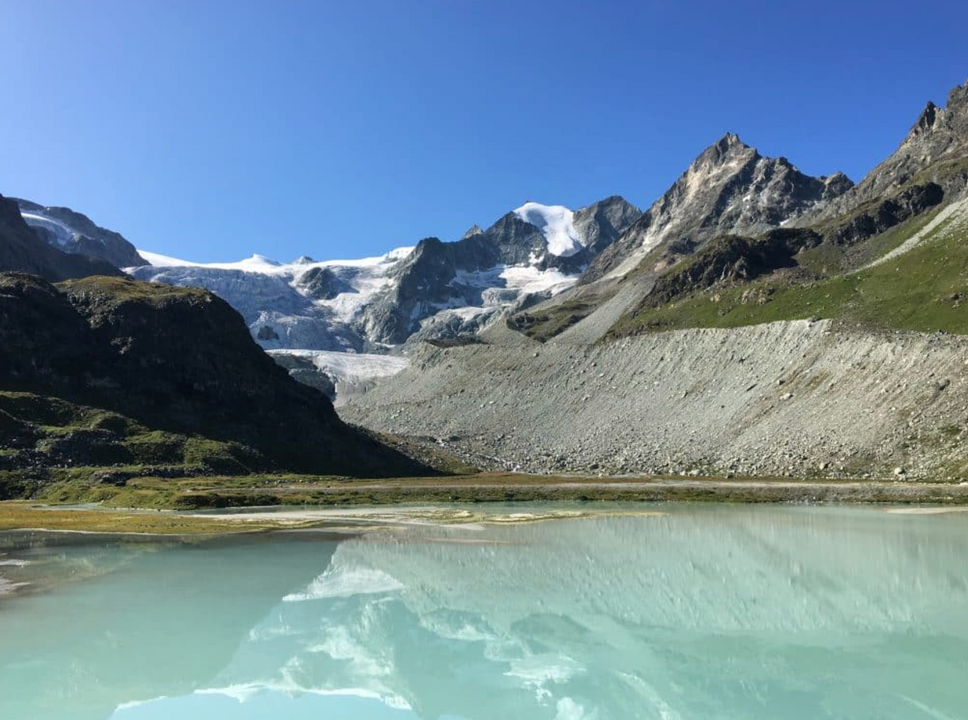
Day 5
Our final day still includes some phenomenal hiking.
From the dam we climb up to the Col de Sorebois (2,835m) before our long descent past some lovely farms to our final location, the Swiss village of Zinal.
This is on the Swiss transport network and you can return from here to the airport or you can choose to extend your trip.
Time: 6 Hours Hiking
Distance: 10km
Ascent/Descent: 680m/1250m
Visiting farms and enjoying the rolling footpaths down.
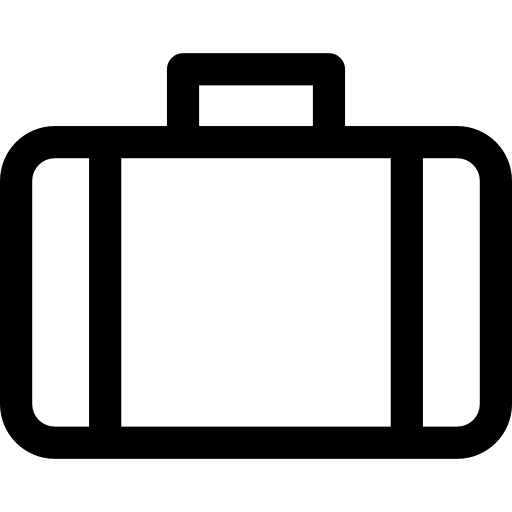
Kit List
Clothing
Please make sure that you have non-cotton clothing for trekking.
- 2/ 3 x shirts
- 3 x hiking socks (invest in Merino socks)
- 3 - 4 pairs of underwear
- 1 x fleece
- Light down or Primaloft jacket
- Waterproof jacket and trousers
- Hiking trousers/ shorts
- Sun Hat, Warm Hat and gloves
- Buff or scarf - we will give you a team one!
- Swimming shorts/costume
Footwear
- Trekking boots/ shoes: 3 or 4 season lightweight
- Optional Lightweight shoes for the evening (or borrow hut slippers)
Documents
- Passport
- Boarding pass for flights
- Money (CHF / EUROS)
- Credit/Debit Card
Sleeping
- Sleeping bag liner (you can buy from us)
- Ear Plugs
Other
- A day bag: 35 - 40 litres - all your kit should fit into this bag
- Travel towel
- Dry bag or liner
- Water bottle: At least 2L
- Sun protection: Sunglasses, suncream and sun hat
- Personal medication
- Toiletries - slim this down you do not need much
- Electronics - headtorch, travel adapter, phone and charger
- Hand sanitiser
- Hiking poles (Available to rent for 10 Euros - just ask your guide)

Difficulty Rating
Challenging.
We will be hiking on marked mountain paths. There may be a very occasional need to use your hands.
This is a challenging hiking trip. You can expect to be hiking all day at a slow but steady pace. We will cover significant height gain and loss, as well as distance. Expected daily distances are given in the itinerary section. You will need to carry your backpack, so pack light.
Good fitness, hiking experience and a positive attitude are needed. If you are a beginner, we suggest you attend one of our other trips first.
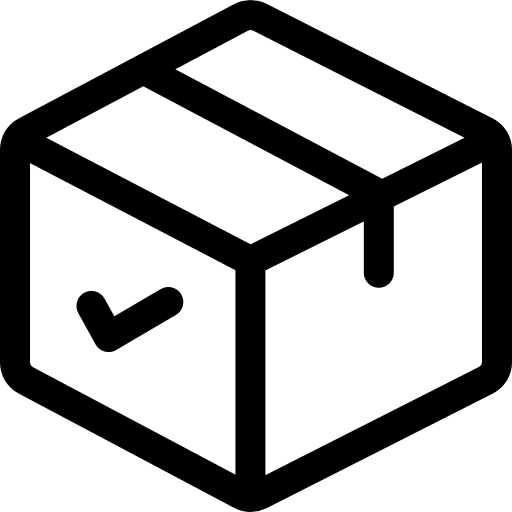
What's included
- Qualified Mountain Guide.
- Accommodation: 4 x nights in remote mountain huts.
- Meals: 4 x breakfasts, 4 x dinners.

Not included
Our trips are hassle-free by design. We include all the activities and equipment, as well as many of the meals, so you can simply rock up with your rucksack and share the adventure with your new pals.
Travel to and from the trip
Our trips do not include flights, trains or other travel to the start point and back from the end point.
Travel insurance
Travel insurance is compulsory for all of our adventures and you are required to provide your policy information before departing. Your insurance should include adequate protection for overseas medical treatment, evacuation/repatriation, your baggage and equipment and the specific activities involved on your adventure. We also strongly recommend it includes cancellation and curtailment insurance, should you be unable to join your trip for specific reasons such as illness.
Visas
Visa requirements often change, and you are responsible for obtaining any required visas for this trip. Please check with your nearest embassy or consulate for up-to-date advice.
Personal Expenses
You know your own spending habits best, so please budget an appropriate amount for things like optional meals and drinks, shopping, optional activities, and laundry.
Videos
FAQ's
Do I need a Visa?
This depends on the country you are coming from. European/EU/EEA should not. Non-EU countries (including the UK) will need an ETIAS from 2025. Please view updates about this new regulation on ETIAS.COM. This needs to be sorted out online well before you travel and has a small fee. (7 Euros). Please make sure you get this from the official website as there are scam websites charging more. It's up to individuals to ensure that travel requirements are met.
What plug adapter do I need?
Unfortunately, we are travelling through 3 different countries with slightly different plug requirements. A Hexagonal 2-pin USB charger will work everywhere. WE NOW SELL THESE AND YOU CAN BUY THEM FROM YOUR GUIDE AT THE VERT LODGE at cost price of 10 Euros (1/3rd of airport price). They are also lighrtweight. Rifugio Bonatti (night one) has a charging bank. Relais d'Arpete (night two) has a plug in each room. Le Auberge Mont Blanc (night three) has plugs in each room. Swiss plugs are recessed though so you need one that is hexagonal!
Do you cater for most dietary requirements?
We try to, whether you're vegetarian, vegan or have allergies. You must inform your guide via your dashboard about your dietary requirements at least 30 days prior to the trip. We will inform the accommodation to prepare for you.
Do I need walking poles and how can I rent them?
YES - Poles come highly recommended by us. All of our guides use them and that is for a reason. Check out the video to explain why. We find that after just half a day, customers who haven't used them before love them and buy them as soon as they get home. Our guides all give lessons on how to use them efficiently. Research shows that they give you a 20% improvement. You can rent them for the bargain price of 10 Euros for the trip. Your guide will have them ready for you at the Vert Lodge and you can pay cash there. This saves you having to get them through the airport if you are already an avid pole user.
How much cash should I bring, and in which currency?
The currency used in France and Italy is Euro’s. In Switzerland, they use the Swiss Franc, chfs, but normally accept Euros at a poor exchange rate. We recommend changing your money before you arrive as it is not possible once you've left the airport. You WILL need money for lunches, drinks, souvenirs and tips . Alpine refuges do not always take cards or digital payments. We recommend: 100 euros & 150chfs per person, depending on how much you eat and drink extra. At the very least use the cash points at the airport to get Swiss Francs (chfs)
Do I need walking boots?
Yes we highly recommend wearing walking boots rather than trainers, as they provide more grip and help to prevent any sprains/injuries. This is a safety concern so please take this seriously. If you are used to walking in trail shoes or similar that can be fine unless there is snow on the ground in early season - then we insist you wear boots.
What to do If my flight is cancelled or delayed?
If you experience a delay or cancellation to your flight, please get in contact with the AlpsAdventures guide team by WhatsApp/ phone at the number on your confirmation/dashboard. This is the quickest way to get a response. You can call or send a WhatsApp message. We can then look at the options available to you.
Should I tip the guide?
If you feel your guide has done a good job, a tip is always appreciated as a way to recognise the care, skill, and energy they put into making your trip enjoyable and safe. Guiding involves much more than leading the way – your guide also manages logistics, navigates changing conditions, supports the group, and creates a memorable experience. While tipping is entirely at your discretion, it is a meaningful way to show your appreciation. We would recommend a 20 Euro per person minimum.
How will I access food and water on the trail?
During the summer, it can be quite warm in the Alps, so it is important to carry enough water. We strongly recommend taking two litres of water. The tap water at the accommodations you will stay is drinkable,e but there are places along the way to fill up your bottle. Your guide will give you advice on this for each day. If this is a concern for you, then we recommend that you pack iodine tablets or other water purification methods. Day 1: 3 hour walk, no refills. Day 2: 8 hour walk, 3 opportunities for refills. Day 3: 7 hour walk, 2 opportunities for refills. Day 4: 4 hour walk, 1 opportunity for refill. Food While trekking, you will have the chance to taste a great variety of local specialities. The breakfast is continental, often with a variety of juices, tea and coffee. The three-course dinner in the evening is hearty. For Day 1, you will need to bring lunch with you as there is nowhere to stop on the route. During Days 2, 3 and 4, you can purchase lunch along the way or pay for a packed lunch from the hut. Your guide will help you order. If you have any food allergies (vegetarian, vegan, gluten intolerance, etc), please make us aware of this when completing your registration form, found on your Skyhook dashboard. We will communicate that to huts, but if you have a specific dietary requirement, then please plan to get enough energy.
What's the terrain like?
The trek involves a lot of ascent and descent on a mix of trails. This includes – rocky terrain, forest trails and sometimes gravel tracks. It is important that you are steady on your feet and have experience walking on mountain paths. Do try and get some practice in before you come. We go at a slow steady pace that everyone can keep up with.
Can I join you as a solo traveller?
Absolutely! We get lots of solo travellers - it's a great way to meet like-minded people.
What kind of accommodation do we stay in?
We'll stay in mountain huts in secluded locations. The rooms are dormitory style with shared bathrooms. You can expect electricity and Wifi. What kind of accommodation do we stay in. Bedding (duvet and pillow) will be provided for you in each hut, but you do need to bring a thin sleeping bag liner. Towels, toiletries and other facilities, such as hairdryers, that you often find in hotels are not available at our mountain huts.
What is the best time of year to come?
In June, there may be snow - which often means we may need to adapt the route slightly or occasionally use snowshoes for part of the trek (which are provided free of charge). From late June to July, the flowers are at their best, but there is a slightly higher chance of rain. In August it is drier and the flowers are starting to turn. We have one week off for the UTMB when the trails are full of racers (sometimes your guides). In September, it's cooler again, and the trail is quieter - this can be a very peaceful time to come, but some of the cafes we normally use are closed. We may need to adapt the route if the Mont Blanc Tunnel closes.
Do I need to carry all my things?
You just need to carry clothes for the entire trip, as well as a few things for the specific day such as a bottle of water, waterproofs and toiletries. Your full bag should be around 5kg plus water. Pack as light as possible but do plan to bring all the items on the packing list.
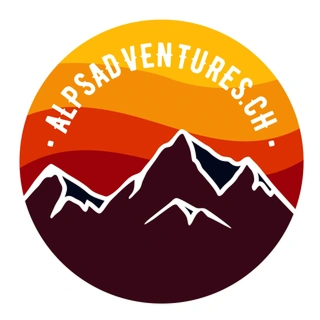
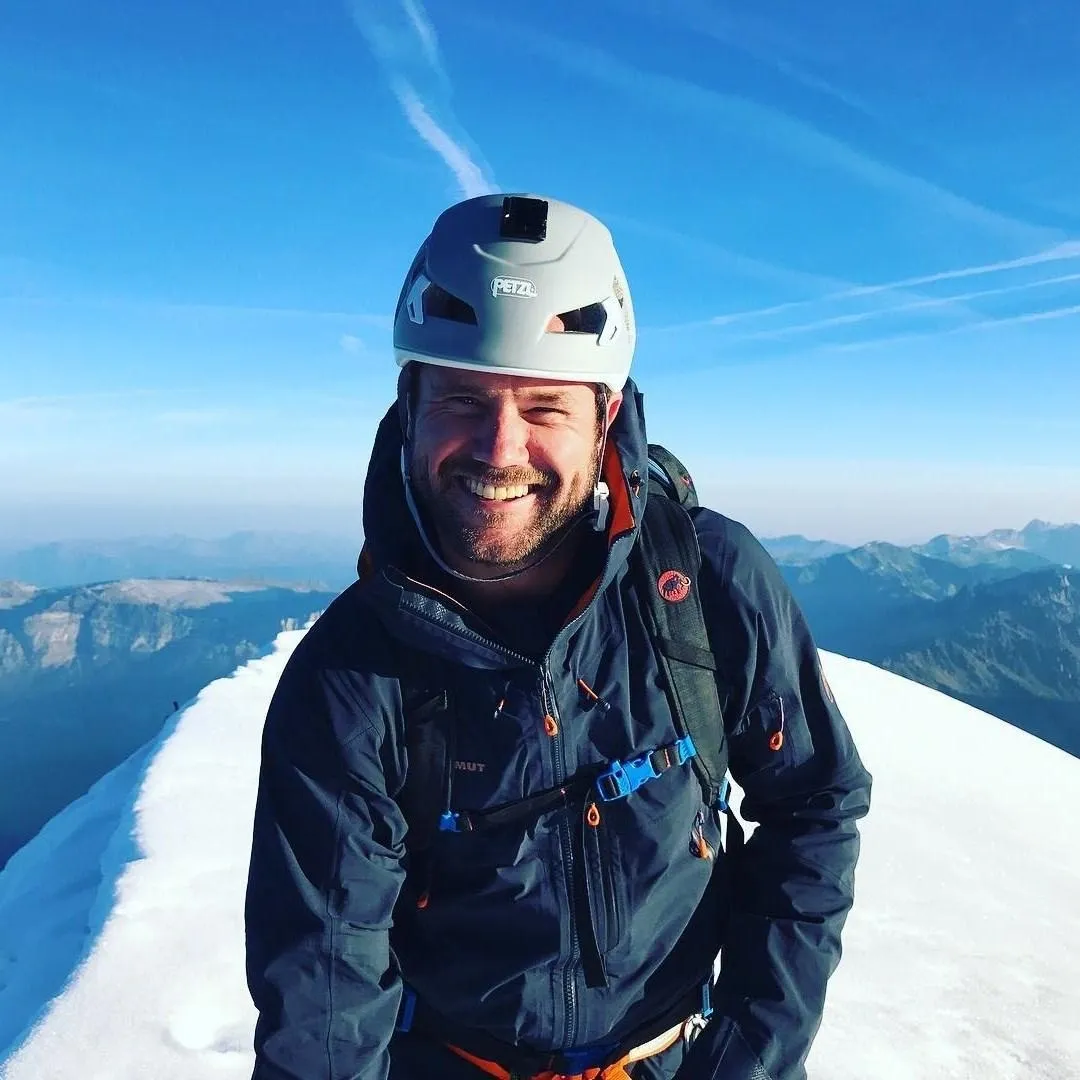
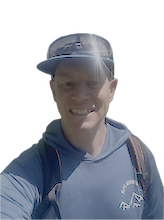
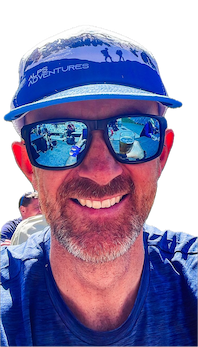
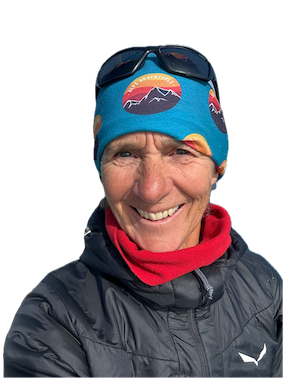
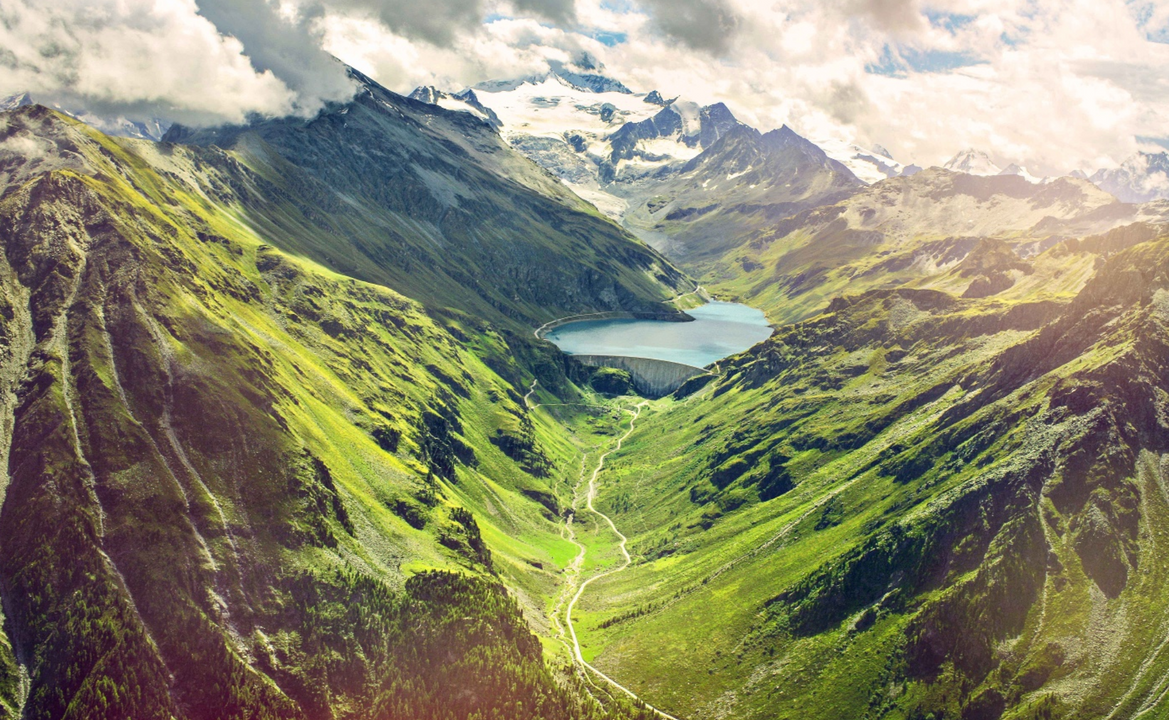
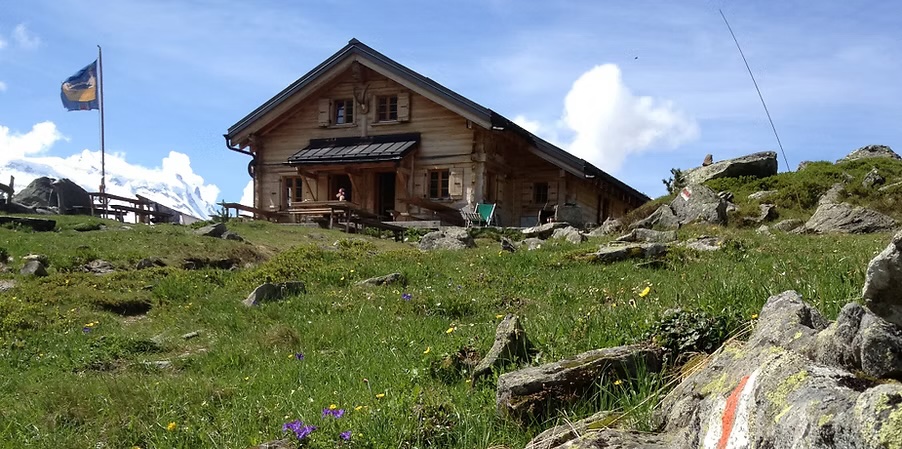
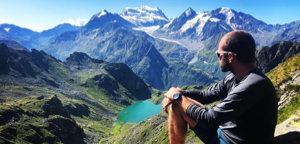
.jpg)
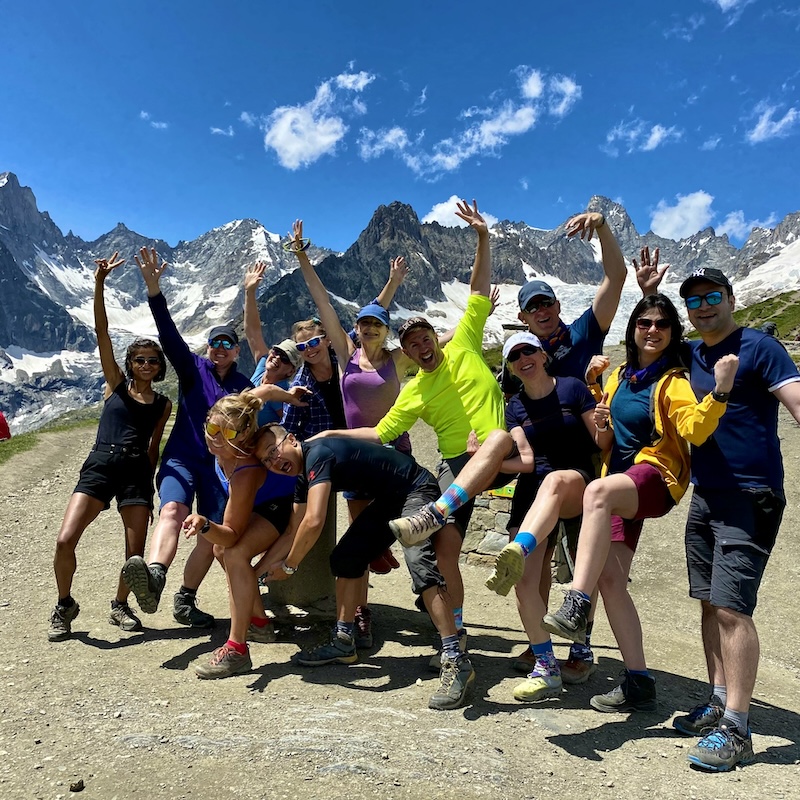
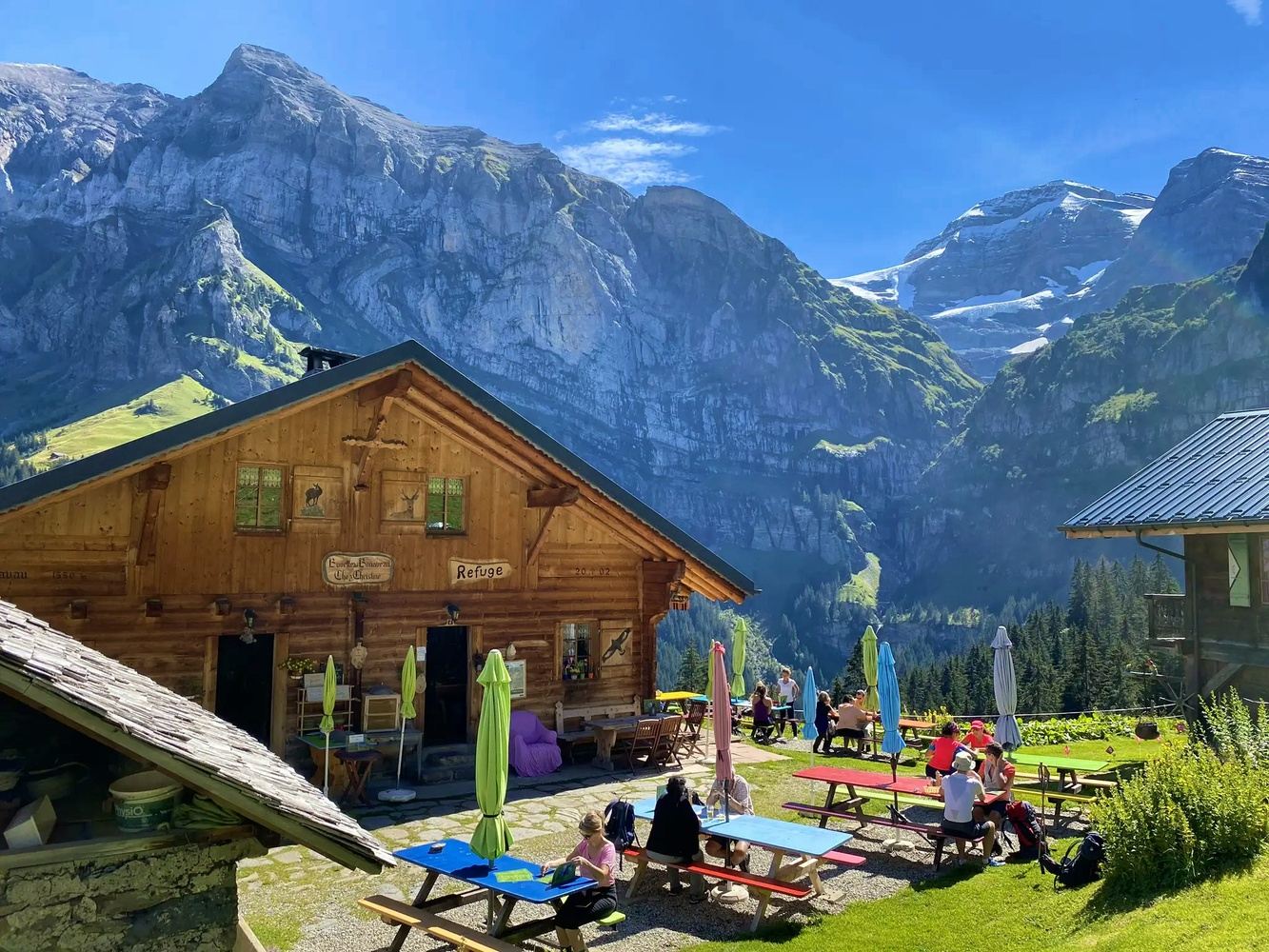
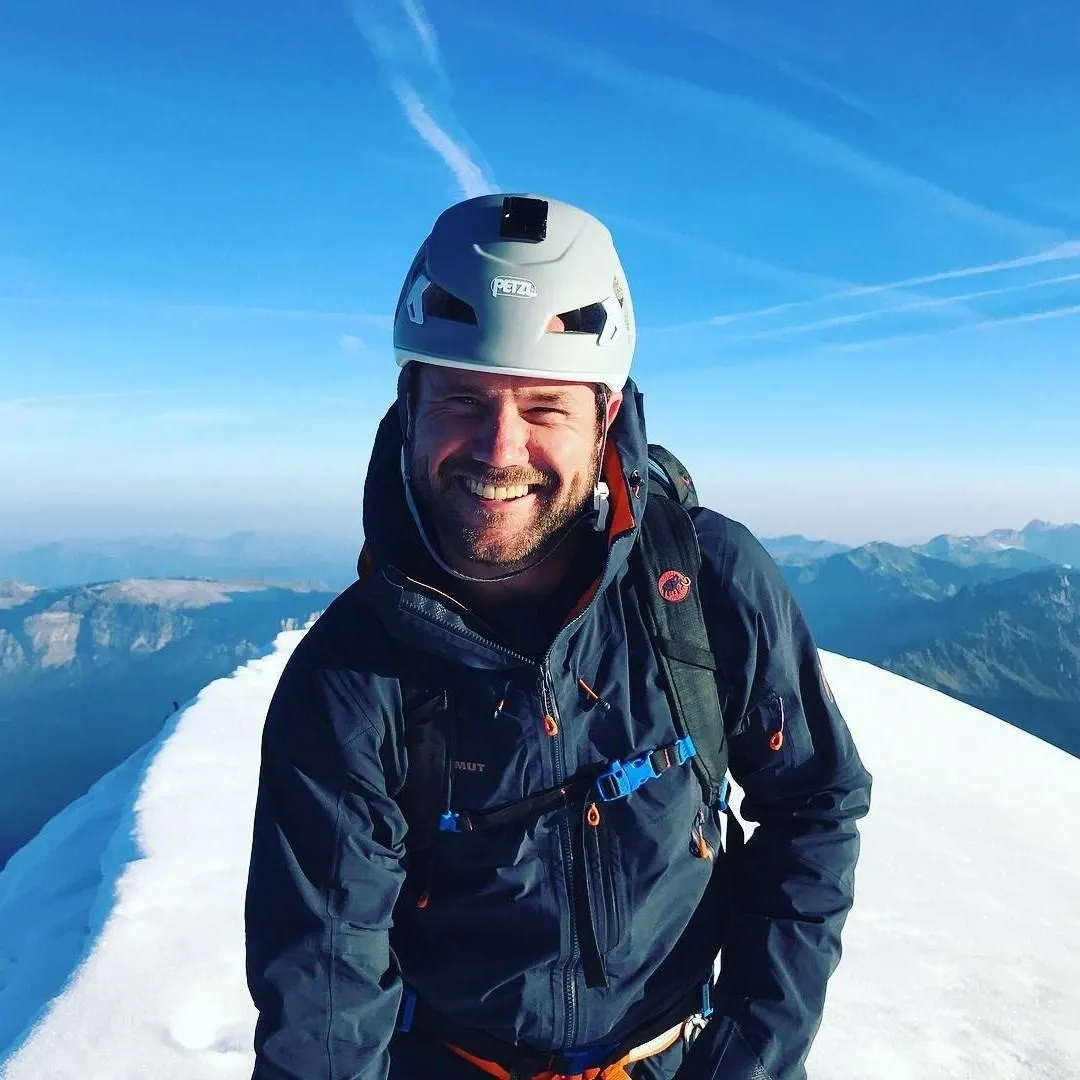
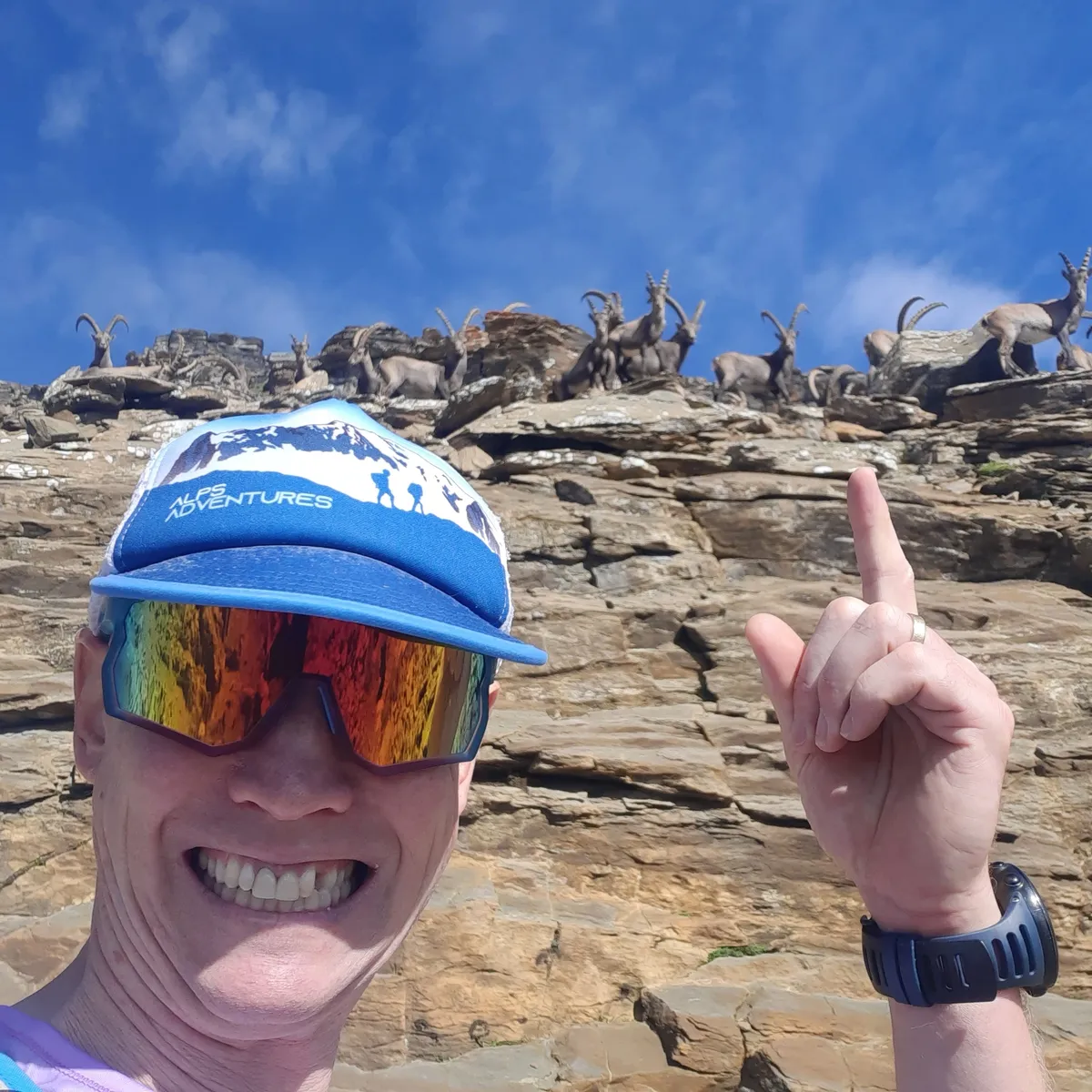
.webp)

.webp)
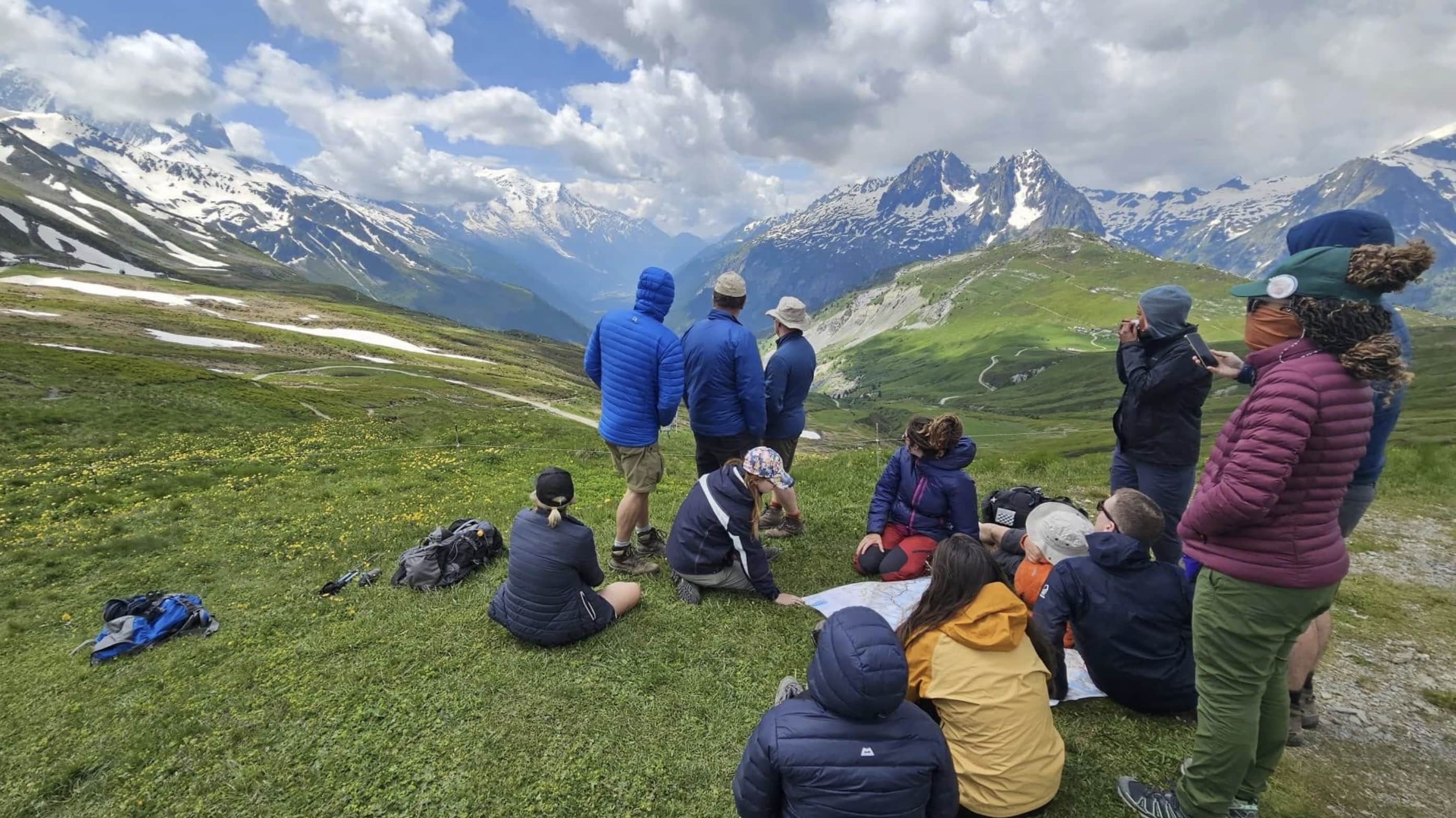

.webp)
.webp)